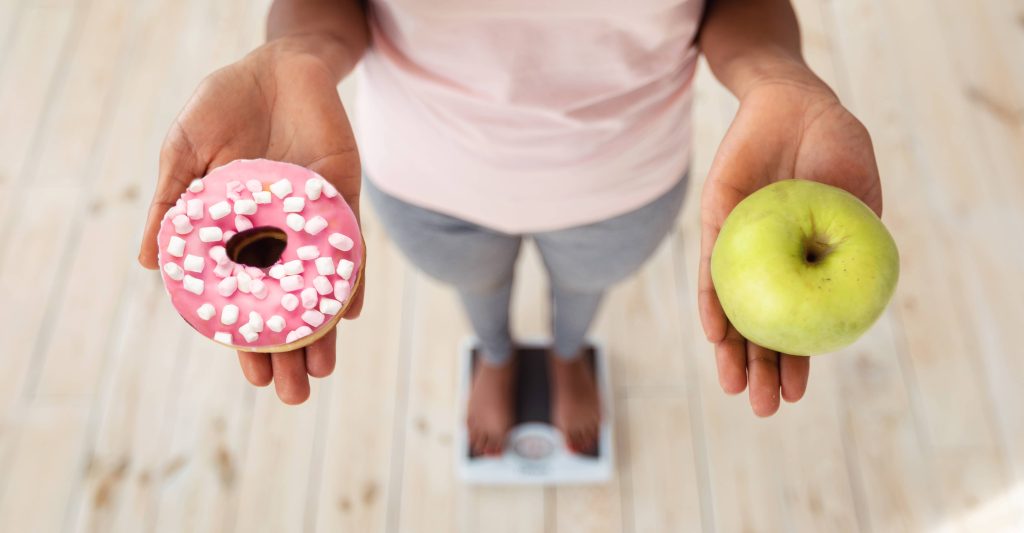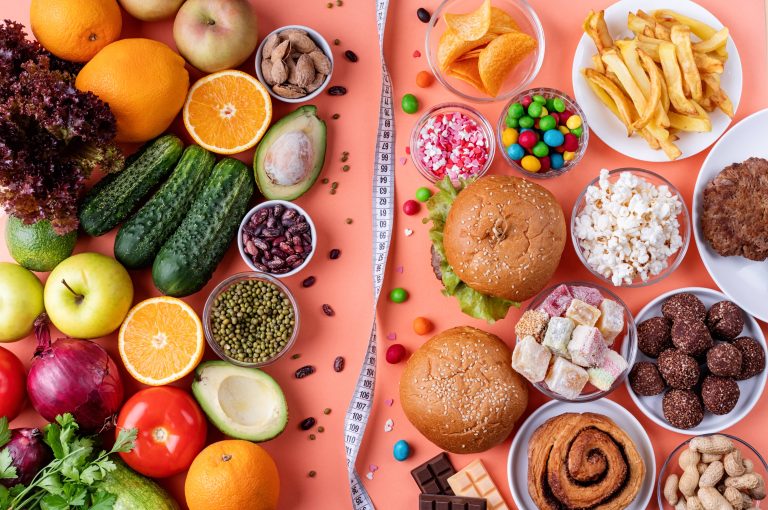
In the quest for weight loss, exercise is often touted as a crucial component. However, for many, the idea of hitting the gym or engaging in strenuous physical activity can be daunting or simply unfeasible due to time constraints, physical limitations, or personal preferences. The good news is that losing weight without exercising is indeed possible. By focusing on dietary changes, lifestyle adjustments, and mindful eating, you can achieve your weight loss goals without breaking a sweat. Here’s how:
Understanding Weight Loss
Before diving into the strategies, it’s essential to understand the basic principle of weight loss: creating a calorie deficit. This means consuming fewer calories than your body needs to maintain its current weight. When you achieve a calorie deficit, your body starts to use stored fat for energy, leading to weight loss.
1. Mindful Eating
Mindful eating is about being present and fully engaged with the eating experience. It involves paying attention to the taste, texture, and aroma of food, as well as recognizing hunger and fullness cues. Here are some tips to practice mindful eating:
– Eat Slowly: Take your time to chew and savor each bite. This not only enhances the eating experience but also gives your brain time to register fullness, preventing overeating.
– Avoid Distractions: Turn off the TV, put away your phone, and focus on your meal. This helps you become more aware of what and how much you’re eating.
– Listen to Your Body: Eat when you’re hungry and stop when you’re satisfied, not stuffed.
2. Portion Control
Portion sizes have increased significantly over the years, contributing to overeating. By controlling portion sizes, you can reduce calorie intake without feeling deprived. Here are some strategies:
– Use Smaller Plates: This simple trick can make portions appear larger, helping you feel satisfied with less food.
– Measure Your Food: Use measuring cups or a food scale to ensure you’re eating appropriate serving sizes.
– Avoid Eating from the Package: Serve snacks in a bowl or on a plate to prevent mindless munching.
3. Choose Nutrient-Dense Foods
Focusing on nutrient-dense foods can help you feel full and satisfied while consuming fewer calories. These foods are rich in vitamins, minerals, and other beneficial nutrients but low in calories. Examples include:
– Fruits and Vegetables: These are high in fiber and water, which can help you feel full.
– Lean Proteins: Foods like chicken, fish, beans, and legumes can help maintain muscle mass and keep you satiated.
– Whole Grains: Opt for whole grains like brown rice, quinoa, and oats, which are more filling than their refined counterparts.
4. Stay Hydrated
Drinking water is crucial for overall health and can aid in weight loss. Sometimes, our bodies confuse thirst with hunger, leading to unnecessary snacking. Here’s how to ensure you’re staying hydrated:
– Drink Water Before Meals: This can help you feel fuller and reduce the amount of food you eat.
– Carry a Water Bottle: Having water on hand makes it easier to stay hydrated throughout the day.
– Limit Sugary Drinks: Replace sodas and sugary beverages with water, herbal teas, or infused water.
5. Get Enough Sleep
Sleep plays a vital role in weight management. Lack of sleep can disrupt hormones that regulate hunger, leading to increased appetite and cravings. To improve your sleep:
– Establish a Routine: Go to bed and wake up at the same time every day.
– Create a Relaxing Environment: Keep your bedroom cool, dark, and quiet.
– Limit Screen Time: Avoid screens at least an hour before bed to improve sleep quality.
6. Manage Stress
Chronic stress can lead to weight gain by triggering the release of cortisol, a hormone that increases appetite and cravings for unhealthy foods. Here are some ways to manage stress:
– Practice Relaxation Techniques: Activities like yoga, meditation, and deep breathing can help reduce stress.
– Stay Active: While this article focuses on weight loss without exercise, light activities like walking or stretching can help manage stress.
– Connect with Others: Spending time with friends and family can provide emotional support and reduce stress.
7. Plan Your Meals
Meal planning can help you make healthier choices and avoid last-minute, unhealthy options. Here’s how to get started:
– Set Aside Time: Dedicate a specific time each week to plan your meals.
– Make a Shopping List: Write down the ingredients you need and stick to your list while shopping.
– Prep in Advance: Prepare ingredients or entire meals ahead of time to make healthy eating more convenient.
Conclusion
While exercise has numerous health benefits, it’s not the only path to weight loss. By focusing on mindful eating, portion control, nutrient-dense foods, hydration, sleep, stress management, and meal planning, you can achieve your weight loss goals without hitting the gym. Remember, the key to successful weight loss is consistency and making sustainable lifestyle changes. With patience and dedication, losing weight without exercising is not only possible but also achievable.










